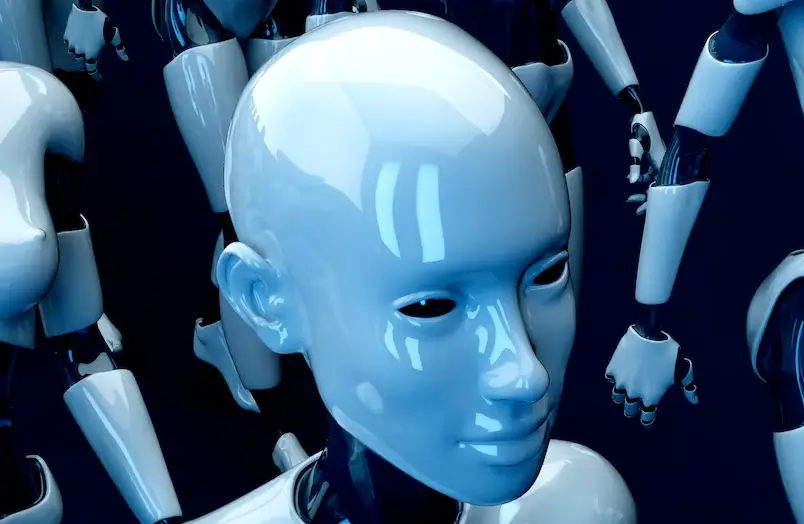The Organization for Economic Co-operation and Development (OECD) has warned that the artificial intelligence (AI) revolution could threaten over one quarter of the jobs in the 38-member group.
In its 2023 Employment Outlook, the Paris-based organization noted that as much as 27% of the labor force in OECD nations are made up of jobs which could be replaced by AI, as Eastern European states appear to have the most jobs being placed under threat by automation.
Made up of 38 member-states, the OECD is made up of wealthy nations, as well as emerging economies such as Mexico and Estonia.
The OECD noted that even though for now it appears there are few indications of AI causing any significant disruptions to job markets, numerous jobs are already at risk, even with the technology still in its early stages of development.
The study defined positions which could be displaced by AI as using over 25 of the 100 skills and abilities which AI can perform for humans.
In an interview with Reuters news service, OECD Secretary General Mathias Cormann said, “How AI will ultimately impact workers in the workplace and whether the benefits will outweigh the risks, will depend on the policy actions we take.”
He added, “Governments must help workers to prepare for the changes and benefit from the opportunities AI will bring about.”
In a report released in March, Goldman Sachs predicted that generative AIs like OpenAI’s ChatGPT, could replace the work of as many as 300 million full-time jobs worldwide. The bank argued that the new technology, which can create new material spontaneously, would prove to be “a major advancement with potentially large macroeconomic effects.”
Goldman Sachs estimated that about two-thirds of the jobs in the US and Europe are vulnerable to being replaced by, “some degree of AI automation,” and that generative AI could become a substitute for as much as a quarter of all current jobs.


